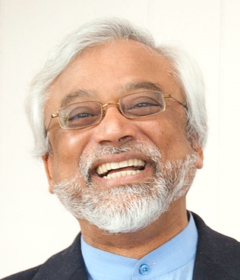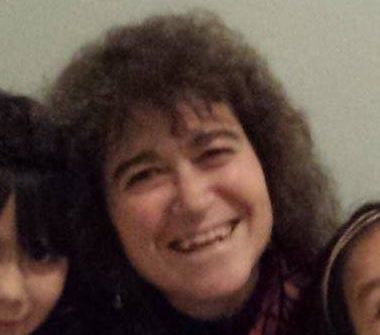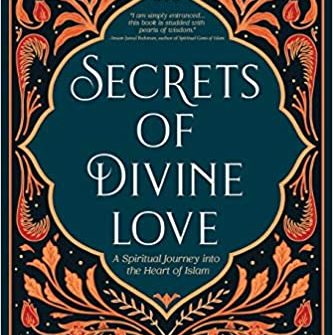“O Mary! Behold! God has elected thee and made thee pure, and raised thee above all the women of the world.” ~Qur’an 3:42
Woman is a ray of God. She is not that earthly beloved: she is creative, not created.” ~Rumi
In the Islamic tradition, Mary symbolizes the sacred and creative mission of every single human on earth. We are mysteriously placed here to give birth to our higher self, our inner Jesus. . .



